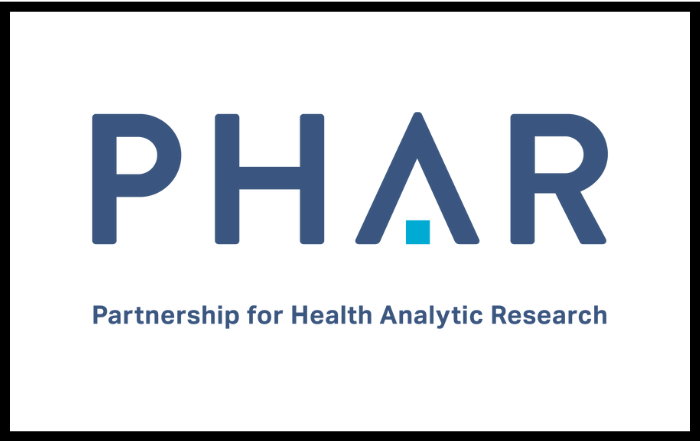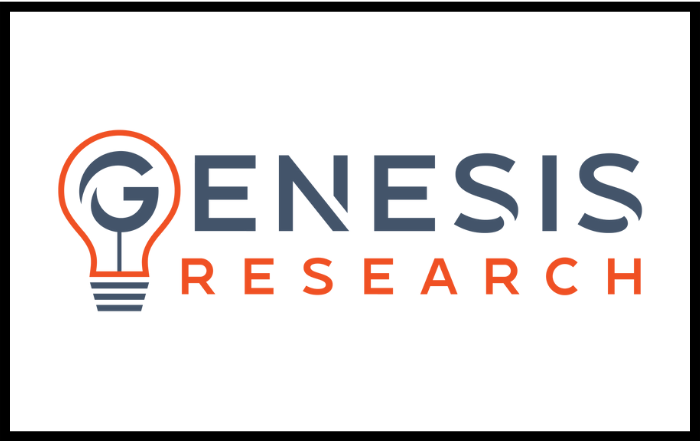This webinar will examine scientific registries as a validated methodology and source for real-world evidence teams. Multiple stakeholder use of registries continues to grow, as registry data is often leveraged to understand natural history, burden of disease and populations of interest, e.g. for advanced therapies, medicinal products, pediatric use and orphan products. A patient registry is an umbrella system to collect data. It’s defined as an organized system that uses observational study methods to collect uniform data (clinical and other) to evaluate specified outcomes for a population defined by a particular disease, condition or exposure and that serves one or more pre-determined scientific, clinical or policy purposes.
Working off the definitions of a registry and a registry study, this webinar will detail how a registry study seeks to answer a specific research question and address how parameters such as duration, patient population, and data to be collected (and analysis to be performed) are defined (and constrained) by a study-specific protocol.
This webinar will also highlight leveraging existing registries and secondary data as well as a unique method when requiring the use of primary prospective research.
Click here for additional information and registration details.



